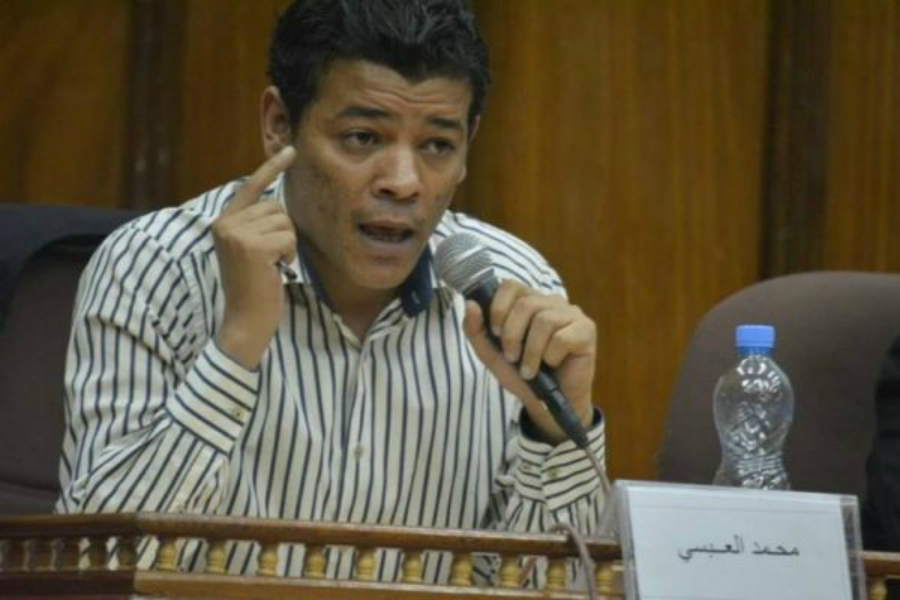Yemeni journalists are demanding justice after 35 year-old reporter Mohammed Abdu Al-Absi was found to have been poisoned to death during a controversial investigation
Evidence has now come forward proving that journalist Mohammed Abdu al-Absi had been poisoned, leading to his untimely death late last year. Al-Absi was investigating oil companies owned by members of the Houthi leadership, and had also recently published a series of reports with evidence of corrupt government activities in energy and weapons transactions. Given the sudden and mysterious circumstances of al-Absi’s death, family and the Yemeni Journalists Union filed a complaint with the Attorney General, demanding an autopsy of the body. Burial was postponed for nearly three weeks while samples were flown to Jordan for testing. The issued medical report have revealed that the death of 35-year-old al-Absi was a direct result of poisoning.
The journalist died unexpectedly of heart failure on Dec. 20, 2016 while en route to a city hospital. The same night, he had met his cousin for dinner in the capital city. Both al-Basi and his cousin fell ill, vomiting blood. Al-Basi passed away quickly while his cousin survived after being treated in the intensive care unit. Al-Absi was a well-recognized journalist within Yemen, having worked for several political publications and having founded the National Coalition Against the LNG deal in 2010. He also wrote actively on his blog and published a collection of poems titled “a drop when alone, a rain when together” through the Azmena Publishing House in Amman.
“We are troubled by the passing of Mohamed al-Absi in such unclear circumstances and support his family and the Yemeni Journalists Syndicate in their demands for a serious and independent investigation in the case as well as an autopsy by a doctor representing the union to clarify the cause of his death,” stated Phillippe Leruth, President of the International Federation of Journalists (IFJ), Philippe Leruth, who has teamed up with the Yemeni Journalists Syndicate (YJS) to seek justice on behalf of al-Absi. The Union requested the autopsy be performed by an international committee headed by the Red Cross.
A statement released by the Information Ministry expressed “In the days before his death, the journalist al-Absi, who was working in one of the Ministry’s institutions before the coup, was working on a statistical investigations on serious issues and documents that condemn the coup makers, especially documents related to oil and arms”. Al-Basi had reportedly been exploring suspicions of energy companies operating on the black market. Following his assassination, activists published documents found in his possession that suggested that Houthi spokesman Mohammed Abdul Salam owns an oil company involved in illegal activities in Houthi-controlled areas of the country.
Al-Absi’s biography on the Gulf Pulse reads “Mohamed Abdu al-Absi is a journalist who was tried in Yemen after the Arab Spring in 2012, by the political wing affiliated with the Yemeni Muslim Brotherhood. He is an anti-corruption activist, a writer and poet, and founder and president of the alliance to fight illegal government deals”.
By

Sorry, the comment form is closed at this time.